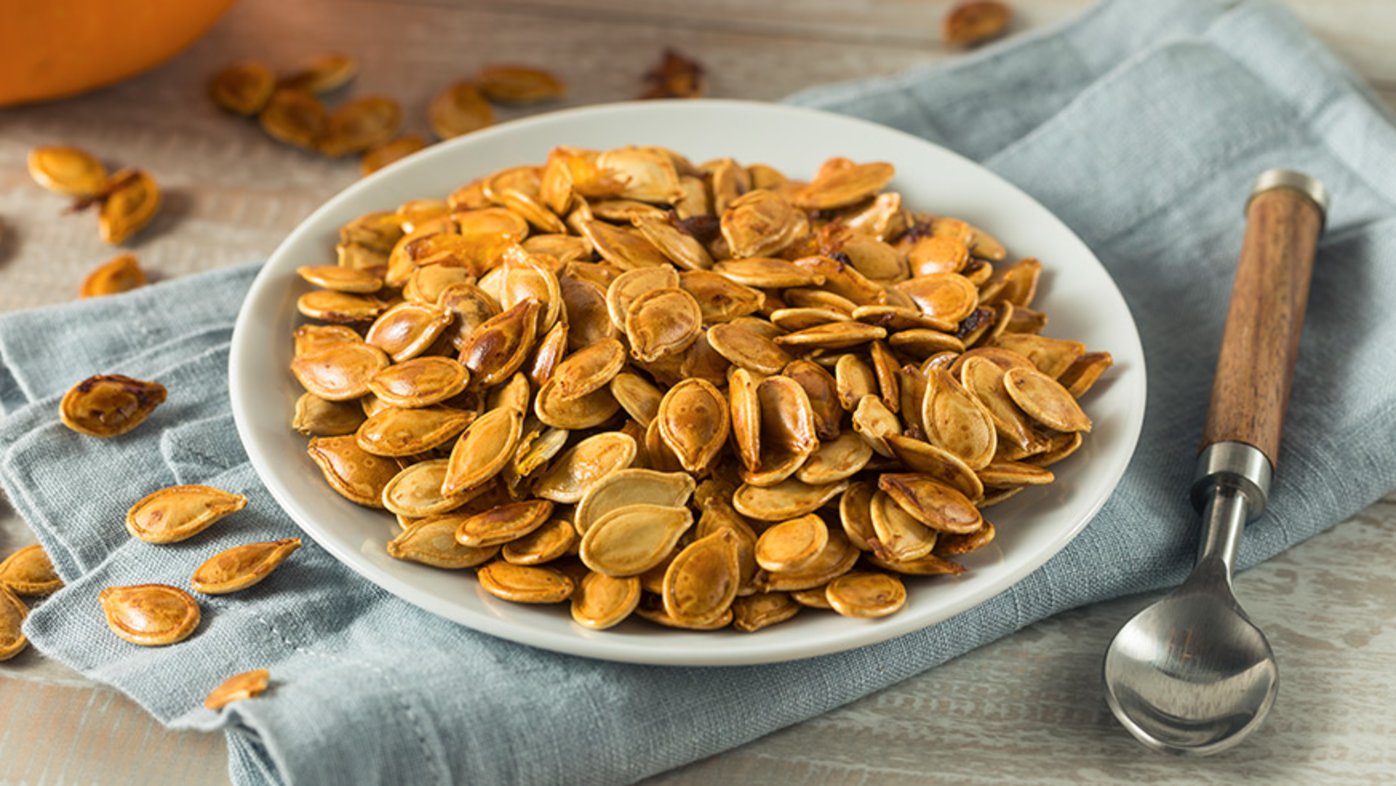
Health benefits of pumpkin seeds
Pumpkin seeds are loaded with the nutrients our bodies need.
If you are a woman who experiences persistent hot flashes, you may be at greater risk for heart attack or stroke. According to a study released late last year, women who experience hot flashes early in menopause were twice as likely to develop cardiovascular disease, and women who reported more persistent hot flashes had up to an 80% increase in their risk for heart attack, stroke or other cardiovascular disease over 20 years.
Hot flashes — uncomfortable sudden sensations that generally include overwhelming heat and perspiration — are the most common symptoms of perimenopause and menopause. As a woman ages, there is a natural decline in estrogen in the body, causing hot flashes, also commonly called night sweats when they occur during (and often interrupt) sleep.
“When you experience a hot flash, blood vessels near the skin's surface widen to cool off, making you break out into a sweat,” says Dr. Tina Ziainia, an OBGYN with Sharp Rees-Stealy Medical Group. “We are learning that women who experience persistent or frequent hot flashes may be more likely to have cardiovascular problems, such as heart attack or stroke, in the future than women who don't.”
Try these tips to prevent hot flashes
While there is no evidence that reducing hot flashes will reduce the risk of cardiovascular problems, symptoms of hot flashes can be prevented and treated. Options for medical treatment include hormone replacement therapy (HRT) and other prescription medications, including antidepressants. However, Dr. Ziainia cautions that these medications can have side effects.
She encourages you to first implement lifestyle changes to lessen the severity and frequency of hot flashes. These healthy changes include:
Exercising regularly
Reaching and maintaining a healthy weight
Hydrating with eight glasses of water a day
Avoiding warm beverages and spicy foods
Decreasing or eliminating consumption of caffeine and alcohol
Stopping or not starting the use of tobacco products
Regularly practicing deep breathing, yoga and relaxation exercises
Dr. Ziainia also recommends taking vitamin E and D supplements, dressing in comfortable layers and carrying a portable fan for when a hot flash strikes.
Work with your doctor to choose the right treatment
“If you are experiencing frequent hot flashes daily and they are interfering with the quality of your life, then medication and HRT may be necessary,” she says. “If HRT is the chosen option, you want to go with the lowest dose of hormone therapy over the shortest period of time.”
Talk with your doctor if you are experiencing hot flashes and other symptoms of menopausal transition. Together, you can discuss possible treatments to help reduce the effects menopause may have on your life as well as determine if you have other cardiovascular disease risk factors, such as diabetes, high cholesterol, smoking or family history.
Our weekly email brings you the latest health tips, recipes and stories.